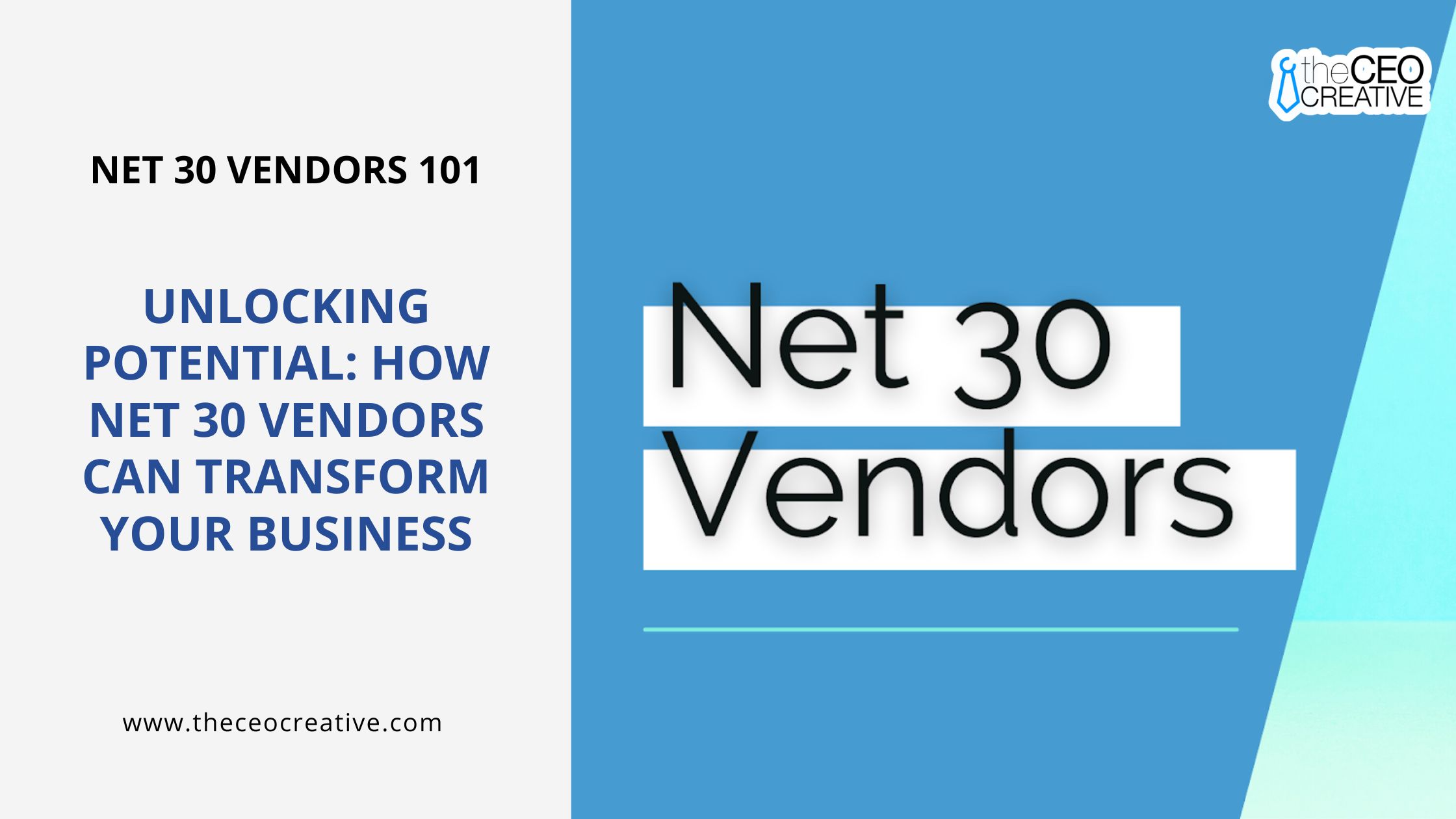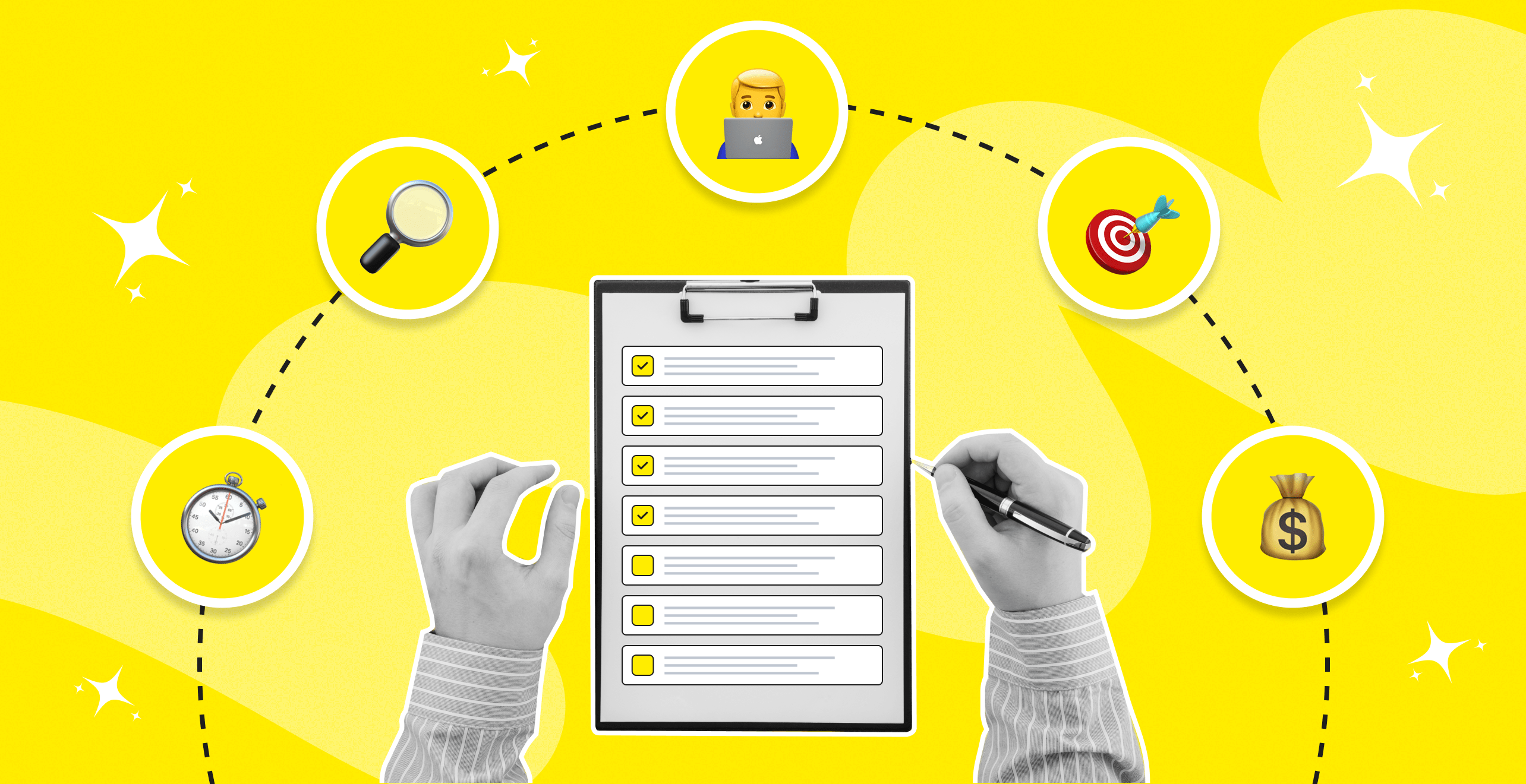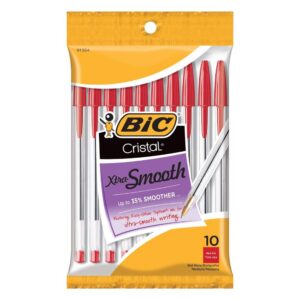Hi there, smart business owner! Are you ready to grow your business even more? If yes, then exploring a list of Net 30 vendors might be the secret to unlocking big opportunities. Net 30 vendors give businesses like yours the chance to get products or services now and pay for them within 30 days. This small bit of flexibility can make a big difference, helping you manage your money better and improve your credit score. So, let’s take a closer look at how this approach can help your small business succeed!
What are Net 30 Vendors?
In the business world, especially when you’re just starting out or trying to grow, knowing about vendor terms is like finding a hidden treasure map. One term you’ll often come across is “Net 30.” Let’s explore what this means and why it could make a big difference for your business.
Definition and Basics of Net 30 Terms
Net 30 terms are a type of payment agreement that allows businesses to buy goods or services and pay the bill within 30 days. It’s similar to having a grace period to pay off your credit card. When a supplier offers Net 30 terms, they’re essentially giving you a short-term loan. You get what you need right away, but you have a full month to organize your finances before the payment is due.
This setup can be very helpful when used correctly. It gives businesses time to sell their products (or use the services) before they need to pay. For companies with limited cash flow or those who want to plan their spending carefully, Net 30 terms can offer the extra time they need.
Importance of Vendor Credit Terms in Business Operations
Vendor credit terms, such as Net 30, are important because they help businesses run more smoothly. Think about trying to manage buying supplies, covering ongoing expenses, and making a profit all at the same time with every purchase. It sounds overwhelming, doesn’t it? That’s where vendor credit terms come in. They act like a financial cushion, helping you keep things balanced.
These credit terms can also improve your relationships with suppliers. When vendors know you pay on time, they’re more likely to offer you better deals in the future. This could mean longer payment periods or even discounts. Building this kind of trust with suppliers is key to long-term success and stability.
Differences Between Net 30 and Other Payment Terms
Net 30 is common, but there are other payment terms too, like Net 15, Net 45, or Net 60. These terms just mean different timeframes for paying. For example, Net 15 means you have 15 days to pay, and Net 60 gives you 60 days.
Which one you choose depends on your business and how your money flows. Net 30 works well for many businesses because it gives enough time to handle payments without upsetting suppliers. Shorter terms, like Net 15, can help build trust faster, while longer terms, like Net 60, might be better if your business takes longer to get paid because of how your industry works.
Why Choose Net 30 Vendors? Unveiling the Benefits
Working with vendors who offer Net 30 payment terms can bring many benefits to your business. From helping you manage your money better to building a good credit record, here’s why you should think about using them.
Boosting Cash Flow and Optimizing Working Capital
One of the biggest advantages of working with Net 30 vendors is how it helps your cash flow. By giving you more time to pay, you can handle your money better and make sure you have enough funds to cover other important costs, like paying employees or day-to-day business expenses.
When your cash flow improves, your business can deal with surprises or new opportunities more easily. You’ll have the flexibility to invest in growing your business or handle unexpected costs without feeling overwhelmed financially.
Building Business Credit and Establishing Trust
Net 30 terms are not just about when you pay; they also help build trust. When you always pay your suppliers on time, you create a good record. These on-time payments are shared with business credit agencies, which can improve your credit score.
Having a strong credit history can be very useful when you need to borrow money or discuss better terms later. It shows banks and potential partners that your business is dependable and trustworthy. This can lead to better loan conditions and more chances to grow your business.
Gaining Purchasing Power and Negotiating Leverage
If you are a trustworthy customer, it can help you get better deals. When a seller knows you pay on time under Net 30 terms, they might offer you extra benefits. These could include discounts for buying in bulk, more flexible payment plans, or even exclusive access to certain products.
This stronger position gives you more choices and better prices, making your business more competitive in the market.
Accessing a Diverse Network of Vendors and Products
Lastly, picking Net 30 vendors allows you to access a wide range of options. Many suppliers who offer these terms usually have a large selection of products or services. Being able to choose from many different options means your business can find exactly what it needs, when it needs it.
This variety isn’t just about having more choices—it’s about being prepared. The more vendors you work with, the better you can handle unexpected problems or supply chain issues. This helps keep your business running smoothly, even when things get tough.
Qualifying for Net 30 Accounts: Key Steps
So, you’ve decided to check out Net 30 vendors and improve your business. That’s a great move to help manage your money better and build your business credit. But how do you get approved for these accounts? Let’s go over the main steps you need to follow.
Building Business Creditworthiness
First of all, your business needs to create a strong credit base. This is very important because suppliers often check your credit history to decide if they can offer you Net 30 payment terms. To improve your business credit score, start by using business credit agencies like Dun & Bradstreet, Experian Business, and Equifax Business. Here’s what you should do:
– Be Consistent: Always pay your business credit bills on time, or even earlier if possible.
– Handle Debt Carefully: Keep your credit usage low. Try to use less than 30% of your total credit limit.
– Mix Credit Types: Have different kinds of credit accounts, like credit cards, loans, and trade lines. This shows you can handle various types of credit well.
Obtaining an EIN and Registering Your Business
Before you apply for a Net 30 account, make sure your business is officially registered and has an Employer Identification Number (EIN). Here’s why this is important:
– Business Identity: An EIN works like a Social Security number for your business, showing that it’s a real and separate entity.
– Legal Requirement: Many vendors need proof of your business’s legal status for tax and tracking reasons.
Registering your business helps build a professional image and makes vendors more likely to trust you when offering credit.
Opening a Business Bank Account and Maintaining a Good Standing
Another important step is opening a bank account for your business. Why is this necessary? Because keeping your personal and business money separate is not just a good idea, but it also shows that you are serious and trustworthy to potential suppliers.
– Build Trust: Suppliers prefer to work with businesses that use separate accounts for their finances.
– Manage Money Better: A business bank account makes it easier to keep track of your income and expenses, which is key to managing your money well. Suppliers may also check this.
– Prove Financial Health: Keeping enough money in your account and avoiding overdrafts is important not only for running your business but also to show that you are financially responsible.
Creating a Positive Payment History with Other Vendors
Treat every business deal as a chance to show you can be trusted. Building a good payment history is like taking care of your personal credit score. Here’s how you can build a strong reputation:
– Pay on Time: Always try to pay your bills before the due date.
– Stay in Touch: If you might pay late, talk to the person or company you owe and explain why.
– Pay Early When Possible: Some companies give discounts if you pay early. This helps your relationship with them and also improves your finances.
Meeting Vendor-Specific Requirements
After you learn the basics, the next thing to do is to figure out and follow the special rules each seller has for their Net 30 accounts.
Understanding Credit Checks and Application Processes
Not all vendors use the same rules to decide if you’re a good candidate for credit. Here’s what you might face:
– Credit Checks: Some vendors will want to see your business credit reports in detail, while others might be more relaxed. Be ready to share your business’s credit score and past credit history.
– Application Requirements: Every vendor has its own way of applying. Make sure you fill out all the forms fully and provide any extra documents they ask for. This might include proof of how long your business has been running or its financial situation.
Understanding what each vendor needs can make the application process smoother and improve your chances of getting approved.
Navigating Minimum Purchase Amounts or Order Frequencies
Suppliers might have certain rules you need to follow to get Net 30 payment terms. These rules can include:
– Minimum Order Size: Some suppliers might ask you to buy a certain amount before they offer credit. Make sure their minimum order size matches what your business actually needs.
– How Often You Order: Some suppliers might only give you credit if you order regularly. This is good for both sides because it keeps business steady for them and ensures you always have what you need.
Knowing these rules helps you plan your purchases so you can meet the supplier’s requirements.
Industry-Specific Considerations
Finally, remember that each industry has its own rules. Here’s what to think about:
– Industry Rules: Some fields might have stricter or more flexible payment terms. Knowing these rules can help you pick vendors that fit your business.
– Vendor Expertise: Choose vendors who focus on your industry. They might offer terms that work well with the ups and downs of your field.
By picking vendors that follow your industry’s ways, you can better match your business needs with what Net 30 vendors provide.
In the end, using Net 30 vendors to grow your business isn’t just about following steps—it’s about making smart choices to get the most benefits and build strong, helpful partnerships.
Choosing the Right Net 30 Vendors
When you need to pick the best Net 30 vendors for your business, making a smart choice can really help your company’s money situation and overall financial well-being. Here’s how to choose wisely.
Criteria for Selecting Net 30 Vendors
Picking a vendor with good Net 30 terms isn’t just about the money. It’s about finding the right match and someone you can trust. Here are some important things to think about:
– Reputation: Check reviews and feedback to see if the vendor is reliable. A vendor with a good history is more likely to give you better service.
– Industry Fit: Work with vendors who know your industry well. They’ll understand your needs better and might offer more flexible terms.
– Flexible Terms: While Net 30 is important, it’s good to choose vendors who can adjust their terms if your needs change.
– Easy Transactions: Look for vendors with simple processes for invoicing, answering questions, and payments. This saves time and makes things less stressful.
– Extra Benefits: Some vendors offer bonuses like discounts for large orders, free shipping, or helpful customer support. These can make the partnership even better.
Understanding Terms and Conditions
When working with Net 30 vendors, it’s important to pay close attention to the details. Here’s what you should keep in mind:
– Payment Due Date: Make sure you know when the 30-day period starts. Does it begin when the invoice is issued or when the goods are delivered?
– Late Fees: Find out what happens if you pay late. Some vendors may charge extra fees or penalties, which could hurt your credit score.
– Discounts for Early Payment: Some vendors give a discount if you pay early. If you can afford it, this is a good way to save money.
– Return and Refund Rules: Understand the vendor’s policies in case you need to return something. This will help you avoid any unexpected issues.
Building Strong Vendor Relationships
Building strong relationships with your Net 30 vendors is just as important as choosing the right ones. Here’s how to keep these relationships strong:
– Stay in Touch: Keep communication open and regular. This makes it easier to solve any problems that might come up.
– Pay on Time: Make payments on time or even earlier if you can. This shows you’re reliable and trustworthy.
– Share Feedback: Give your thoughts on their products and services. Vendors value helpful feedback because it helps them improve.
– Be Professional: Treat vendors with respect and handle any disagreements or issues in a professional way. This can help make future discussions and negotiations easier.
Implementing Net 30 Terms in Your Business
To get the best results from Net 30 terms, you need to make sure these vendors fit well into your current business processes. Here’s what you should think about.
Integrating Net 30 Vendors into Existing Processes
Making sure new vendors fit in smoothly is important for running your business without problems. Here are some steps to make the process easy:
– Choose Who to Talk To: Decide which team members will communicate with the vendor to avoid mix-ups or confusion.
– Check System Fit: Make sure your accounting tools work well with the vendor’s billing and payment methods.
– Keep Good Records: Write down all agreements, orders, and payments clearly. This helps with tracking and managing things better.
– Train Your Team: Teach your staff how to use the new systems and work with the vendor. This helps reduce mistakes and keeps things running on time.
Monitoring and Managing Payment Cycles
Managing your payment cycles well is important to keep your finances healthy. Here’s how you can do it:
– Automate Payment Tracking: Use accounting tools to set reminders and alerts for payments so you don’t miss deadlines.
– Check Regularly: Review your cash flow often to spot any money problems before they happen.
– Match Vendor Statements: Compare vendor statements with your records every month to find and fix any mistakes.
– Be Proactive: If you think you might pay late, talk to your vendors early to agree on new terms and keep a good relationship.
Developing a Payment Strategy
Having a good plan for paying bills is important to manage your money well and keep good relationships with suppliers. Here’s what to think about:
– Decide Which Bills to Pay First: Figure out which supplier payments are most important. This could be because they offer discounts for paying early, they deliver essential products, or they charge fees for late payments.
– Match Payments with Income: Make sure your payment schedule fits with the money coming in so you don’t run out of funds.
– Talk to Suppliers: If you’ve always paid on time, use that to ask for better payment terms or other options if you’re short on cash.
– Be Ready for Surprises: Have a plan for emergencies, like sudden costs or less income, so you can still pay your bills on time.
In short, using Net 30 terms can be a big help for small businesses that want to manage their money better and improve their credit. By choosing the right suppliers, learning about and discussing terms, building good relationships, and handling payments well, your business can succeed in today’s fast-moving market. The key is to plan ahead and make smart decisions at every stage. Now that you know how it works, you’re ready to grow your business like an expert!
Challenges and Solutions in Using Net 30 Vendors
Starting to work with Net 30 vendors might feel like a big step forward for your small business. But, like any new experience, it has its own difficulties. Don’t stress, though—with some careful planning, you can handle these challenges. Let’s look at some possible problems and the clever ways to solve them.
Potential Pitfalls and How to Avoid Them
Using Net 30 vendor terms can be very helpful, but if you don’t handle them carefully, they can cause some problems:
– Taking on Too Much Debt: One big risk is borrowing more money than you can pay back. It might seem like a good idea to use as much credit as vendors offer, but if you don’t have a clear plan to repay it, you could end up in debt.
Solution: Keep a close eye on your spending and make sure it matches what you expect to earn. Create a payment plan and follow it carefully.
– Harming Vendor Relationships: If you pay late, it can hurt your relationship with your vendors.
Solution: Set reminders for payment deadlines and talk to your vendors honestly if you think you might have trouble paying on time. Being upfront about possible delays can help avoid problems.
Overcoming Cash Flow Challenges
Cash flow is very important for any business, and handling it well is key when working with Net 30 vendors. Here’s how you can keep your cash flow in good shape:
– Manage Your Stock: Keep a close eye on your inventory to avoid buying too much or too little. Good inventory control helps you meet customer needs without spending too much money on stock.
– Time Your Invoices Right: Make sure your invoicing matches when you need to pay your vendors. Sending invoices quickly helps you get paid faster, so you have enough money to pay your vendors on time.
– Plan Your Spending: Make a clear budget to know what expenses are coming up and to be ready for any money shortages.
Maintaining Vendor Trust and Reliability
Creating a strong relationship with your vendors is about more than just paying on time. Trust and dependability are key to a successful partnership:
– Stay in Touch: Keep communication open. Regular updates show your vendors that you care about the partnership and help you stay informed about any changes in their policies or how they operate.
– Say Thank You: A simple thank you or recognizing good work can really help build a stronger connection with your vendors.
By handling these challenges well and using smart strategies, working with Net 30 vendors can help your business grow steadily and make big positive changes. Who knew 30 days could be so powerful?
Conclusion
In short, working with Net 30 vendors is a great way for small businesses to grow and reach their full potential. These vendors let you pay later, which helps you manage your money better. This gives your business more time to focus on new opportunities without stressing about paying right away. Also, paying on time regularly can improve your business credit, making it easier to get better deals in the future. Try Net 30 vendors and see your business thrive!










